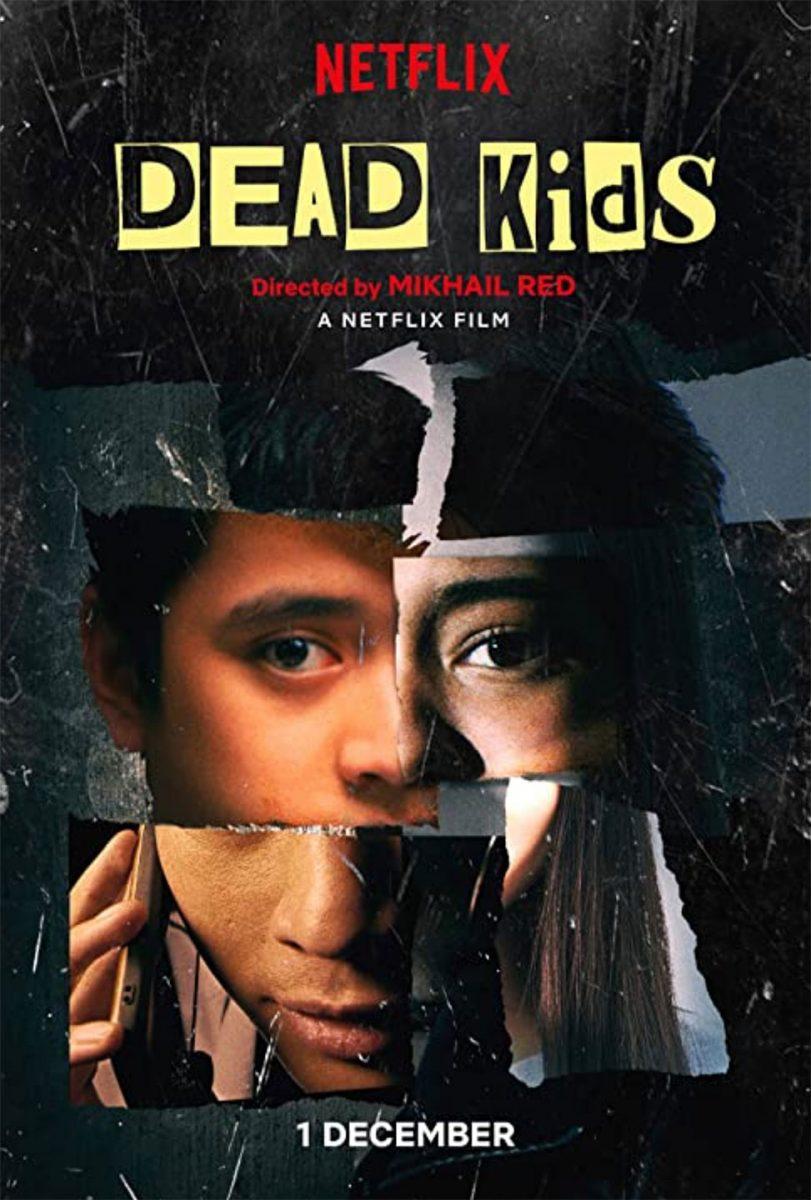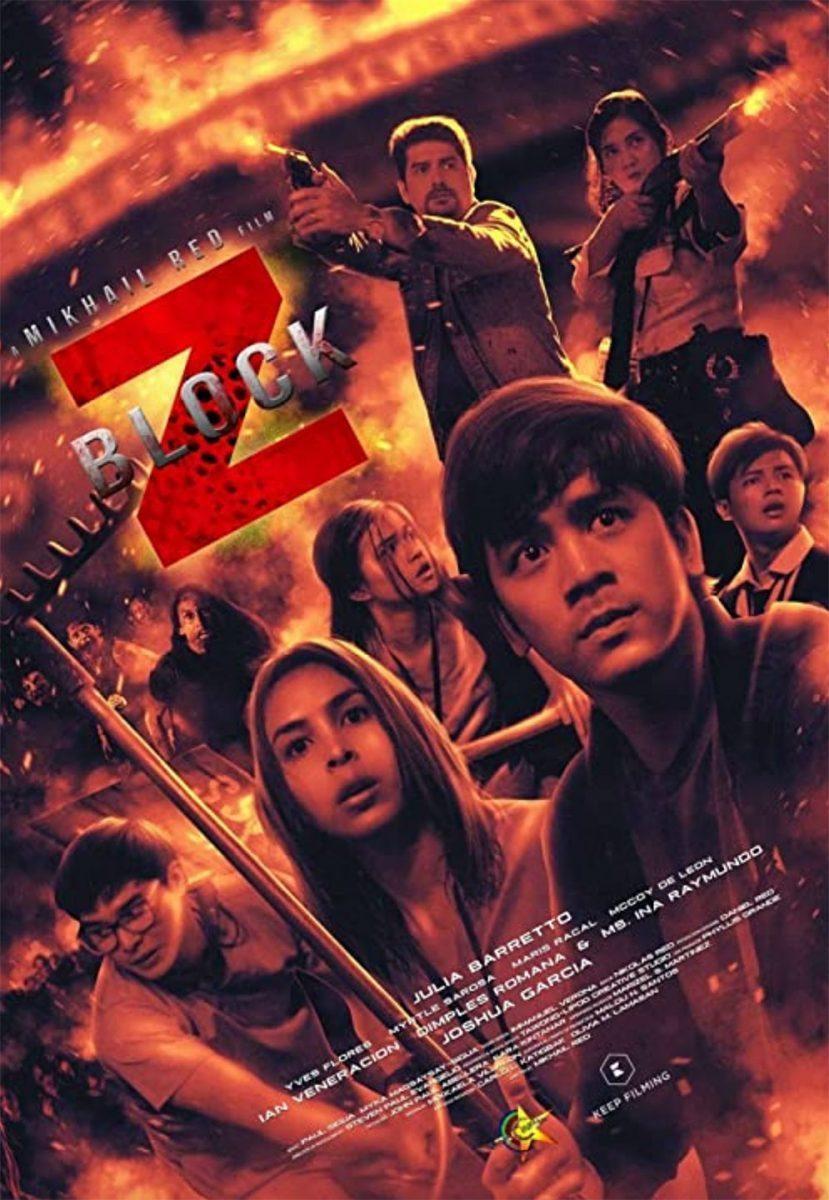MANILA, PHILIPPINES — The film industry in the Philippines seems to be divided into two categories. On one side, you have commercial films that feature star-studded casts and are aimed at the general public, and on the other, you have independent films that gain recognition by way of international film festivals and awards.
Despite the stark contrast from each other, they’re not necessarily black and white. But they do, in a way, shape the direction that Filipino filmmakers take. While profit remains the goal for commercial films, independent films are more focused on the stories they’re telling instead of their commercial viability.

But Director Mikhail Red refuses to choose one over the other. After his first full-length film Rekorder, he found himself questioning his career. Despite Rekorder bagging five international awards, the film failed to get a screening in its home country. So after this experience, Red began exploring ways to get his films where they’re at now.
“I want the world to see that there are many kinds of Filipino films that are between festival arthouse and commercial mainstream sensibilities,” Red shares. “I like to show local audiences that we can create internationally competitive genre work and also help push the craft for film workers in our local industry.”
While Filipino filmmakers are no stranger to international film festivals and award shows, Red is bridging the gap between commercial and art-house films.
Jumping from one genre to the next
One look at Red’s filmography and you’ll notice right away that he doesn’t have a genre he sticks to. The first film that made him a household name is Birdshot, a coming-of-age social drama about a girl who inadvertently shoots an endangered Philippine eagle. He followed this up with Eerie, a horror film that went viral and made headlines on the internet for making viewers lose sleep.

Other films he has made include Neomanila, a noir-infused thriller; Dead Kids, a black comedy based on a true-to-life kidnapping story; and Block Z, a blockbuster zombie flick. Despite the popularity of Red’s films, one can’t simply lump his work with the usual box office hits Filipinos flocked to in cinemas because Red makes sure to include relevant social commentary in them.

And another great thing about his films? It’s that these commentaries don’t fall on deaf ears because of how successful his films are.
“I like trying and fusing different genres with Filipino milieu to make my films accessible to a global audience while still trying to convey a message that I feel is relevant,” Red shares. “I like to make films that both entertain and engage and to do that, I need to work with both studio and independent grant funding.”
Going global
When asked about going global, Red answers: “As a country, we have so many stories to tell. We have wide social strata and vastly varied geography. We can be both modern and traditional, we are also spiritually and culturally diverse.”
Outside the Philippines, Red has already worked with Netflix and HBO Asia, has signed with a major Hollywood agency and is represented by a US talent management company. His Netflix film, Dead Kids, was the first Philippine-made Netflix Original, and it won’t be long now before Red makes his break in Hollywood.
“I like to share our unique culture with the world… I also like to tell Filipino stories fused with genres that are familiar in Western cinema so that I can make something accessible that doesn’t exoticize our culture.”
Red’s decision to explore different distribution models also came at the right time. While his films were still shown in cinemas in the pre-pandemic world, he believes that streaming sites like Netflix are one of the few remaining platforms viable for wider distribution. Even before Philippine film companies transitioned to Netflix to showcase their films amidst a global pandemic, Red has long signed with Netflix.
Seeing as Dead Kids was the first Philippine-made Netflix Original and how his horror movie, Eerie, grabbed the attention of global viewers on such a large scale, one can say that Red is paving the way to a bright future for his peers in Philippine cinema.
And his wishes for the future? Red hopes that we prioritize and solve our country’s COVID-19 crisis first so that we can reinvigorate the economy. “Only then can we worry about growing back our paying audience,” Red says. “An audience that can afford to sustain the reopening of cinemas so local films can have a home outside of just streaming.”







